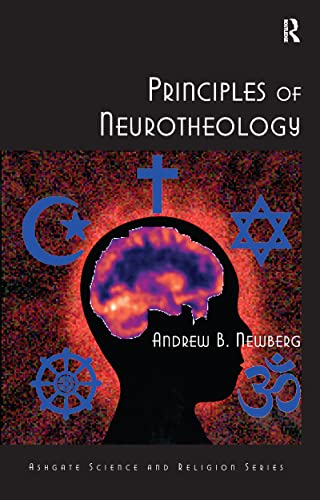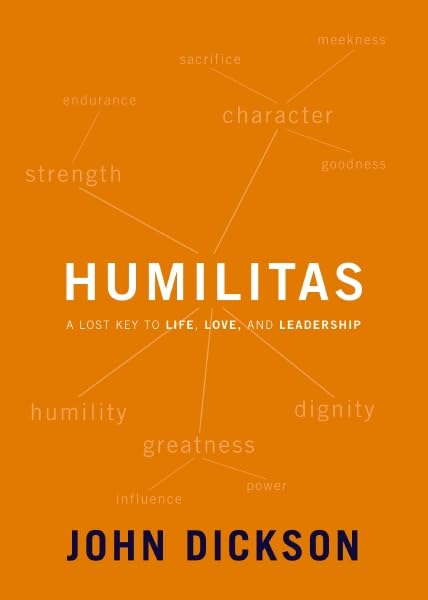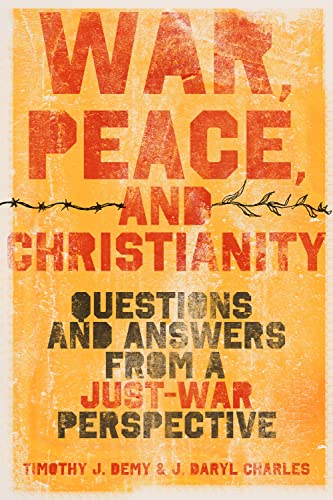Alleviating Poverty through Profitable Partnerships: Globalization, Markets, and Economic Well-Being
Written by Patricia H. Werhane, Scott P. Kelley, Laura P. Harman, and Dennis J. Moberg Reviewed By Bruce D. BakerGive a man a fish, and you feed him for a day. Teach a man to fish, and he'll feed himself for a lifetime. So goes the old parable, but this book brings us into the globalized market economy of the twenty-first century with a new parable for prosperity—create a profitable business venture by “maximizing the yield of the fish pond and the distribution of the fish by truly forging partnerships with the poor,” and you will reduce, and perhaps even eradicate, poverty forever (p. 17). The central thesis of this book, repeated in every chapter, is that various forms of profitable partnerships between businesses, NGOs, governments and coalitions of the poor “can alleviate poverty by seizing market opportunities” (p. 125).
Poverty relief has always been a pillar of the “social gospel,” but this book barely mentions the biblical mandates, aside from a solitary reference in passing to Luke 12:48 (p. 39). Rather than support their case with theological insights, these four professors of business ethics rely completely upon secular constructs of moral philosophy to bring academic credibility to their thesis. This approach has integrity; nonetheless, evangelical truth seems ready to burst forth from the stories of transformation cited. Given their ties to the Catholic universities of DePaul and Santa Clara, I suspect the authors would not disapprove of this faith-based interpretation of their work.
This is a well-written treatise on the social responsibility of business. The authors succeed in their aim to debunk the false old “caricature of greedy cigar-smoking robber barons helping meek, barefooted beggars” (p. 124). Of course this is an easy target. Perhaps there was a time when that idealized image of businesspeople made sense, but no more. Gone are the days when Milton Friedman's litany—”the social responsibility of business is to make money”—held sway as a self-evident truth. We now live in a new “complex reality” which demands us to “change our shared narratives about for-profit ventures and . . . recalibrate our mindsets regarding how poverty issues are most effectively addressed” (p. 17).
This “changing of narratives” and “recalibration of mindsets” has been Prof. Werhane's main message for more than two decades. She has parlayed the idea of “moral imagination” into a fruitful stream of business ethics publications.The basic idea is that we need to be open to new ideas, concepts and mental maps in order to find innovative solutions to moral dilemmas. In the case of poverty, this means needing to let go of old notions like the “separation thesis” (p. 62), which views business profits and social issues as entirely independent pursuits. That falsehood has created the mistaken impression that charity is the only viable approach to fight poverty. Similarly, we must abandon the outmoded idea that those at the BoP (bottom of the pyramid) are capable only of receiving hand-outs, and see them instead as truly industrious and motivated workers, consumers, and providers for their families.
One of the best features of the book is its ample use of personal, “worm's-eye view” (p. 51) stories to elicit compassion and bring to life a new narrative of abundant hope in profitable partnerships that can alleviate poverty. Each chapter begins with a personal account of a true story that brings the book's thesis to life. Additionally, many fresh case studies are used to illustrate the business principles, such as Ciudad Saludable, a thriving enterprise founded by micro-entrepreneurs who figured out how to rid the filthy streets of poor barrios in Lima, Peru of garbage while producing organic fertilizer, creating jobs, and simultaneously earning a profit (pp. 97-98).
These stories are so ripe with the fruit of redemption that several of them might well serve as sermon illustrations. Notwithstanding the generally secular approach of this book, Christian faith comes out through direct quotes of people whose lives are being transformed. There is Strive Masiyawa, for example, the founder of a telecommunications company in Zimbabwe who defied corrupt principalities and took a stand on his religious convictions: “I'm a born-again Christian, and that was a decision I took. . . . [E]very day I must persuade myself that I am practicing my conviction” (p. 94). Masiyawa's testimony gives voice to the evangelical promise of hope that underlies the power of transformation seen in these stories of successful social ventures.
One of the most useful insights is that the notion of corporate social responsibility (CSR) is in need of reform if its initiatives are to result in truly effective and sustainable efforts to eradicate poverty. Unless a poverty-fighting project emerges from “the corporation's raison d'être, it can neither maximize its effectiveness nor be said to be morally good” (p. 69).Businesses come into existence and succeed by virtue of bringing particular gifts of talent and skill to bear on meeting specific needs of specific customers. To neglect or underutilize these gifts, even for the sake of some ostensibly “good” act of philanthropy, would be to miss one's true identity and fail to live into one's calling with complete integrity. The authors therefore advocate new terminology—corporate moral responsibility (CMR)—to emphasize the link between a business's strategy and moral duty, and thereby to avoid the mental trap of the “separation thesis” (pp. 70-73).
While the central thesis of the book is ably argued and well supported through practical examples, its ethical reasoning and methodology come off sounding a bit simplistic at times.For example, there is the prescriptive advice to be imaginative and make decisions by “second-guessing possible outcomes” (p. 126). This habit of basing decisions upon the anticipated consequences of “positive and negative effects” (p. 126) runs throughout the book and reveals a clearly utilitarian approach to ethics.
Those are minor shortcomings, however, in this timely and readable book. It will serve well as an academic text, with a detailed 17-page bibliography, useful index, and numerous practical examples. The new parable of abundant hope in social enterprise is well-told and deserves a wide reading.
Bruce D. Baker
Bruce D. Baker
Seattle Pacific University
Seattle, Washington, USA
Other Articles in this Issue
Evaluating a new English translation of the Bible can be extremely difficult...
In the November 2009 edition of Themelios, Dane C...
Jonathan Edwards (1703-1758) is remembered today as a saint, scholar, preacher, pastor, metaphysician, revival leader, theologian, Calvinist—the list goes on...
Almost two decades ago I wrote an essay titled " When Is Spirituality Spiritual? Reflections on Some Problems of Definition ...
He was the youngest son of elderly parents. His childhood was secluded and unhappy, which might in some measure account for his lifelong melancholy...







